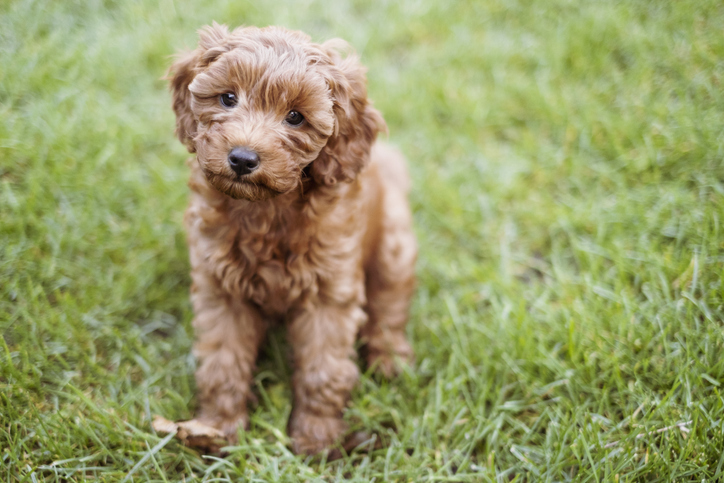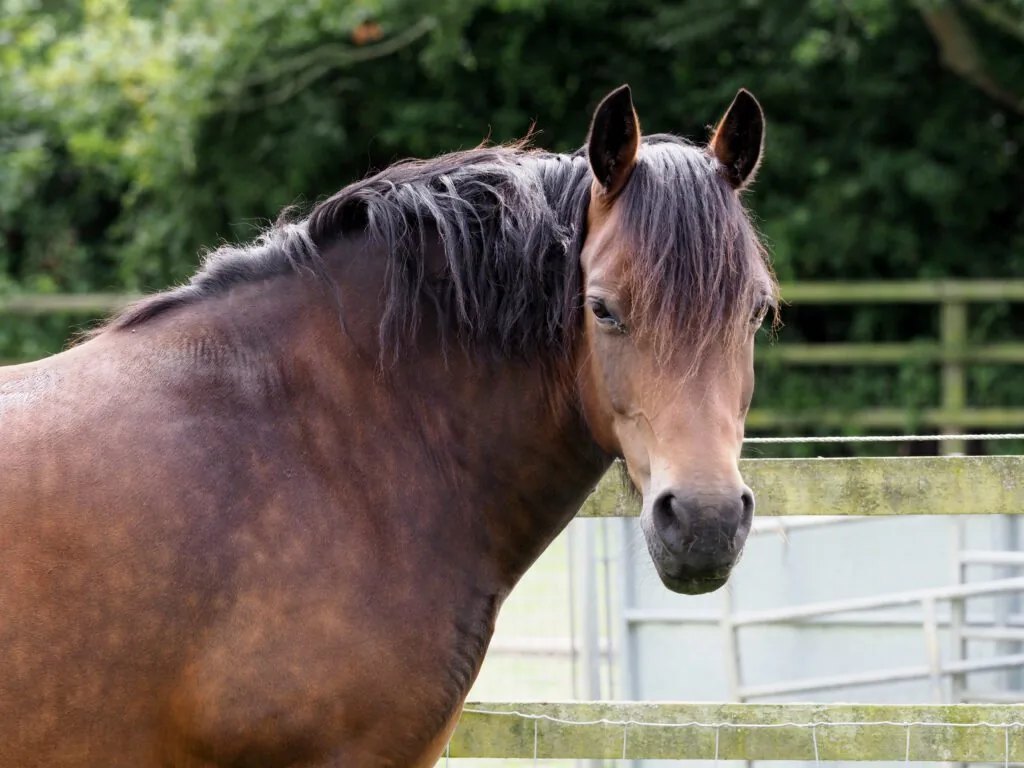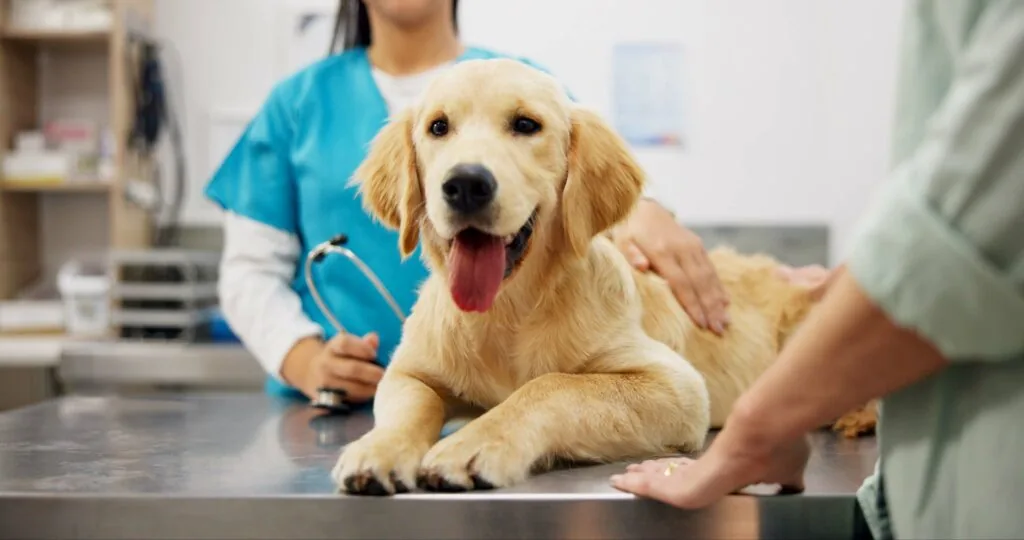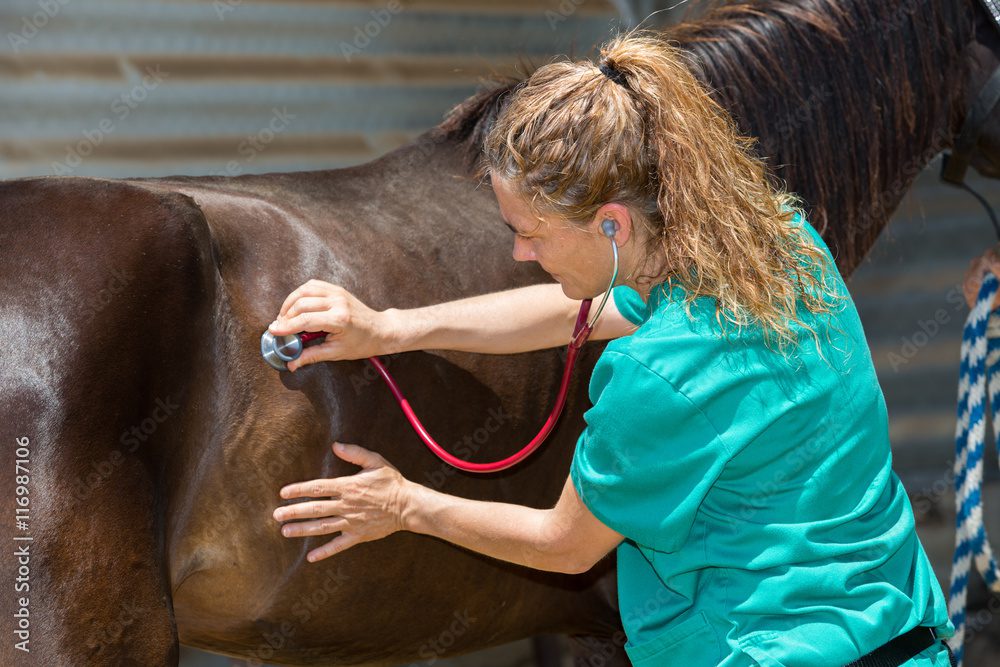5 Puppy Training Tips for Owners in Bowling Green, KY
Training a puppy can be a big job, especially if you have never had a young dog before. Thankfully, there are some good tips that you can keep in mind to make the process of getting your puppy trained a lot more straightforward. Knowing more about how puppies think can make it easier to communicate with your young dog while they learn how to be a part of your family.

Tips to Follow
Puppy training requires consistency and patience, but these other tips will help you to add some additional skills to your tool kit. Your puppy will bring you so much joy, and you will have no trouble at all getting them integrated into your family with these tips and tricks on your side! Listed below are 5 tips to follow:
1. Be Consistent
To be fair to your puppy, you need to be consistent in the messages that you send them as you are teaching them. You cannot change the rules every day and be fair to your puppy. This is just like teaching a child. If you change the rules all the time, your child or your puppy will not believe you or trust you when you ask them to do things.
Being consistent with your puppy will make all the difference as you create a routine with your new dog. The routine that you set needs to be one that you can stick to and that works for you and your pet from the time that they move in. If you do need to make adjustments to your routine, expect your puppy to be confused for a time, which will also require some more patience and consistency.
2. Use Positive Reinforcement
Your puppy will learn best if you make learning fun. Make sure that you are not harsh with your puppy and that you instead use positive reinforcement when you are teaching them. Positive reinforcement can help make your puppy feel safe and secure, and it also improves their trust in you and the things that you want them to do.
Positive reinforcement does not have to involve treats. You can use a positive tone of voice, some petting as a reward, or anything else that you want to use for your reward structure. Dogs love approval, and the tone of your voice and your body language are the most important factor when using positive reinforcement to train your puppy.
3. Be Patient
Patience is key when you are teaching a young puppy new skills. Remember that your puppy is just a little baby, and they will have a short attention span for quite a while. Break down tough concepts into small steps so that your puppy doesn’t get frustrated or scared. You will always have better luck when you are patient while you are teaching new skills to your puppy, no matter if they are small skills or hard skills.
Patience is very important for your own enjoyment of the training process as well. If you are not patient enough to work on a skill with your puppy, be responsible enough to take a break from your training plans for both of your sakes. You will always have a better time working with your puppy if you are in a good headspace to make sure that you and your puppy will enjoy your working time together.
4. Crate Train Your Puppy
One of the best things that you can do for your puppy is to make sure that you crate train them. Crate training is helpful for a variety of reasons. One of the biggest reasons is that puppies can get overly tired and frustrated, just like kids. The crate can be a good place for them to take a mental break and calm down, sort of like a timeout.
The other reason that your puppy needs to learn to be happy in a crate is that you never know when your puppy might need to go to the vet or be boarded. Teaching them to be happy in a crate will help them to feel safe in a situation like this. Helping your puppy to be prepared for anything that might happen is important for their safety and their well-being. That the crate can be useful for other training purposes is another side benefit of taking the time to teach this skill.
5. Don’t Accept Anything You Think is Naughty
While it can be tempting to let your puppy do “cute” little puppy things, you need to remember that it is not fair to set a standard that cannot be kept up later in their life. Be sure that you tackle all behaviors that you do not approve of from the beginning. Remember that your dog is not going to stay little forever. You need to be sure that they do not need to be retrained once they grow up.
It can also be damaging to your relationship with your dog to make a whole bunch of new rules when they are older. You don’t want to have to cause all that upheaval when it is so much easier to just make sure that your puppy doesn’t jump up, bite or chew on things from the beginning.
Contact Southcentral Veterinary Services for More Puppy Training Tips
Training a young dog can be a lot of fun, and these tips and tricks will help you to have the right skills in place to make the process easy and rewarding. Always remember that being consistent is key and that sticking to the plan that you have in place is more important than many other skills that you can use to train your puppy. Be sure to take the time to crate train your puppy and use positive reinforcement to make all of your teaching time easier.
Having a puppy can bring you hours of joy, and you can build a lasting relationship with your dog with these training tips and tricks. Making the most of the early days with your puppy is easy when you have a good training plan in place from the beginning. For more puppy training tips, contact Southcentral Veterinary Services by calling (270) 282-2564. Our team in Bowling Green, KY will be there for you and your pup every step of the way.
Share This
Recent Posts
About Southcentral Veterinary Services
Southcentral Veterinary Services is here to ensure that you and your pet can access a variety of high-quality, progressive medical services. Our aim is to serve our patients and clients with integrity, compassion, and a focus on being your primary family vet.



